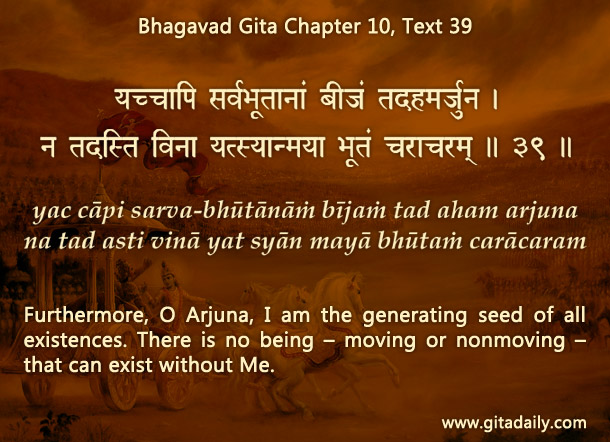Suppose an observer atop a skyscraper tracing downwards found that it had no foundation. Impossible, isn’t it? Without a foundation, there would be no skyscraper to start with.
Similar is the predicament in the quest for origins of dogmatic materialists, those who believe that nothing exists except matter. Such materialists would prefer to duck the problem of origins by positing that the universe existed forever. But our consistent daily experience as well as scientific evidence and inference all concur that everything material is temporary – and so is the whole material universe.
Something temporary could not have caused itself, for it would not have existed before its existence to cause itself. So it must have been caused by something else. If that cause were also temporary, and if its cause were also temporary, then the tracing of origins would become an infinite regress.
As the quest for an origin while believing in dogmatic materialism leads to the logical dead-end of an infinite regress, this unreasonable belief deserves to be trashed.
The idea of an infinite regress may be interesting logically, but it would be devastating ontologically.
Why devastating?
Because it would destroy the possibility of anything coming into existence, just as the non-existence of a foundation would destroy the possibility of the building’s existence.
The universe does exist and is non-eternal; so it must have had an origin. As the quest for an origin while believing in dogmatic materialism leads to the logical dead-end of an infinite regress, this unreasonable belief deserves to be trashed. This conceptual cleanup removes the smog concealing the logical alternative: a non-material non-temporary source. The Bhagavad-gita (10.39) identifies that source to be Krishna and rightly proclaims that nothing can exist without him.
This reasoning, sometimes known as the cosmological argument for God’s existence, underscores that Krishna’s existence is no mere possibility, but is the necessity and the pre-condition, for the existence of anything else, including ourselves.
Explanation of article:


there are only two possibilities either accept infinite regression or eternity .but since first seems unexplainable ,only way we are left out is to accept the eternity of the lord .